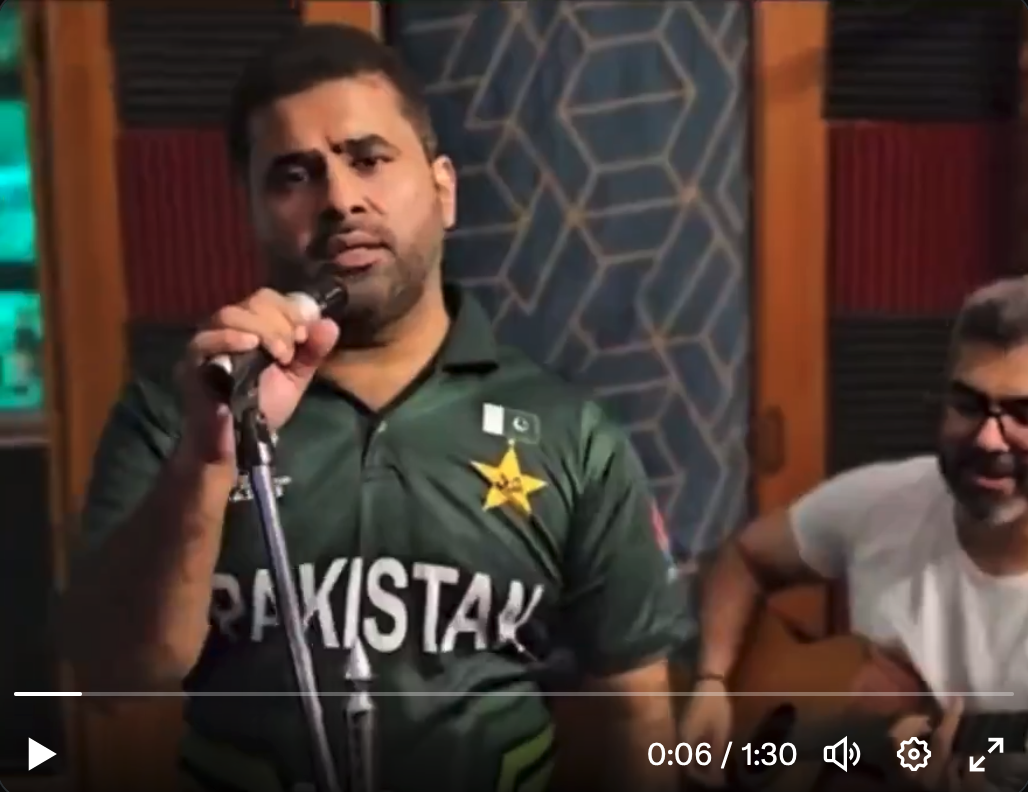Speculation is growing as to who is behind abduction of Pakistani content creator Aun Ali Khosa who was reportedly picked up from his home in Lahore by nearly a dozen men in plain clothes on August, the 15th. His phone, camera and other devices were also seized. His brother announced the development on X, formerly Twitter:
Days later, the viral Bill Bill Pakistan song to highlight rising inflation was deleted from his Instagram and YouTube pages prompting many to connect the dots and point fingers to the state institutions such as intelligence agencies to be behind this. While the police reportedly refused to file a First Information Report (FIR) to investigate his disappearance, the Lahore High Court on Friday ordered the police to recover Aun Ali Khosa and present to the court by August, the 20th. This after Mr. Khosa’s wife petitioned the court for recovery of her husband.
Meanwhile, criticism has been growing against the government for weaponising state institutions to curb free speech like political satire. Amnesty International has criticised the Pakistani government on the developemt and issued a call for Aun Ali Khosa’s immediate recovery:
The disappearance of Aun Ali Khosa has also attracted criticism from activists, politicians and journalists. Journalist Sabahat Zakariya posted on X:
Prominent comedian and political satirist Shafaat Ali posted:
Activist and politician Jibran Nasir posted:
The abduction of artists and activists in Pakistan is a concerning issue that has drawn significant attention both domestically and internationally. Over the years, several artists, journalists, and activists have been abducted or have faced intimidation, often due to their outspoken views on sensitive political and social issues.
These disappearances often involve individuals who are critical of the government, military, or state policies. While the primary targets have traditionally been political activists, journalists, and human rights defenders, artists and musicians have also increasingly found themselves at risk.
Artists in Pakistan often use their platform to address social issues, challenge the status quo, and give voice to the marginalized. This makes them potential targets, especially in an environment where dissent is not always tolerated. The abduction or intimidation of artists is typically aimed at silencing them and deterring others from expressing similar views.
The abduction and intimidation of artists have a chilling effect on freedom of expression in Pakistan. Artists, writers, and musicians who might otherwise critique the state or highlight sensitive issues may self-censor to avoid similar fates. This stifles the cultural and intellectual growth of society and limits public discourse on important issues.
Human rights organisations, both within Pakistan and internationally, have repeatedly called for investigations into these abductions and for the protection of freedom of expression. These organisations argue that the state has a responsibility to protect all citizens, including those who express dissenting views.
The issue of enforced disappearances, including the abduction of artists, has been raised in various international forums. However, concrete action remains limited, and the culture of impunity often prevails.


+ There are no comments
Add yours